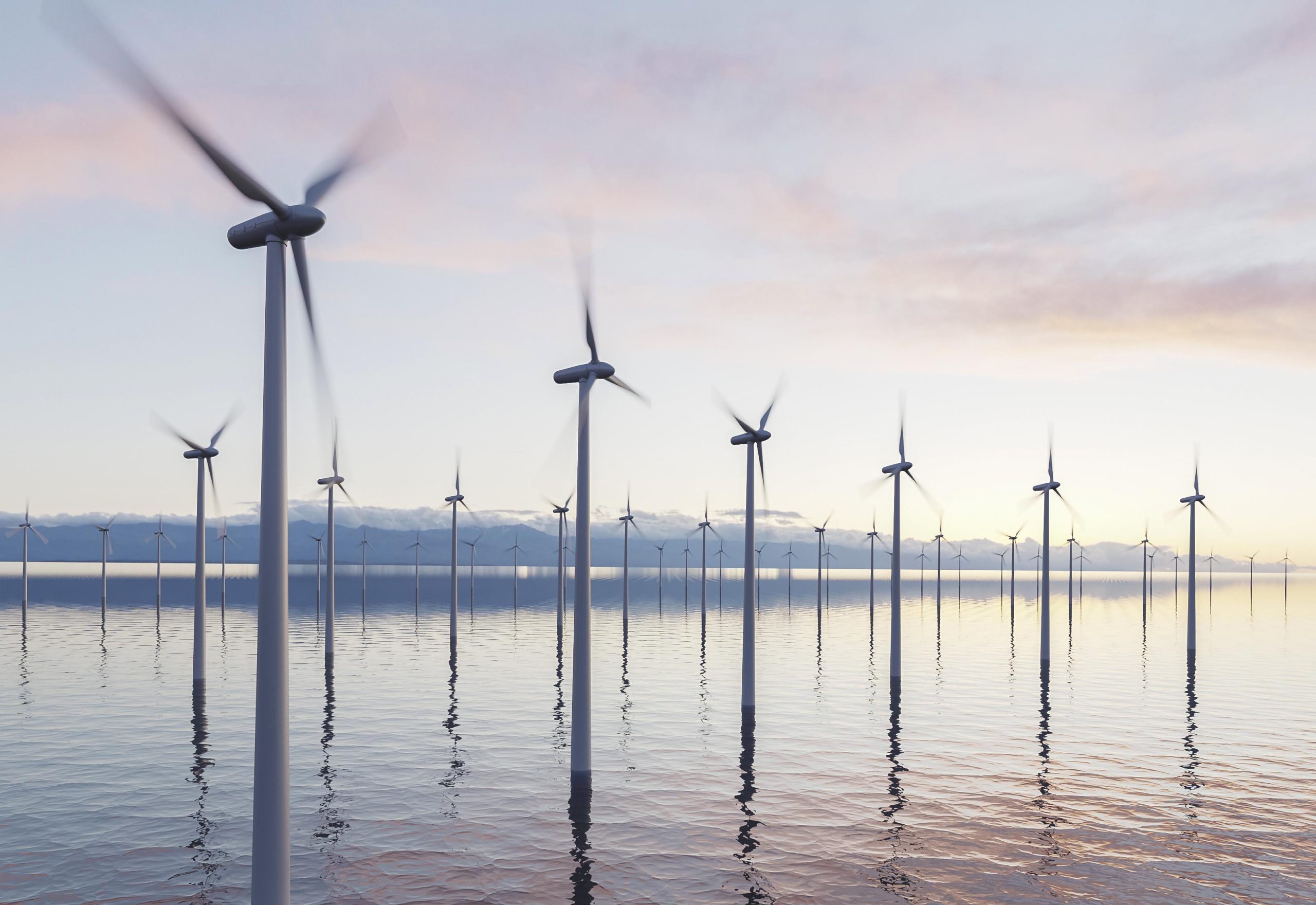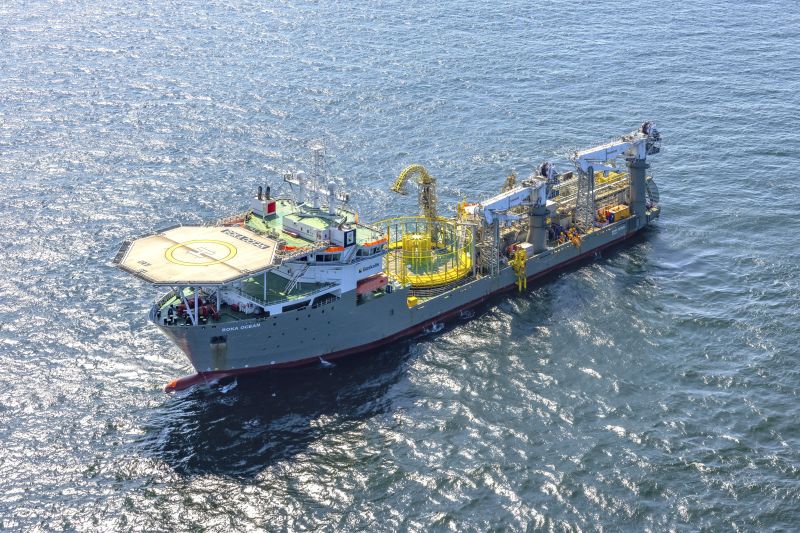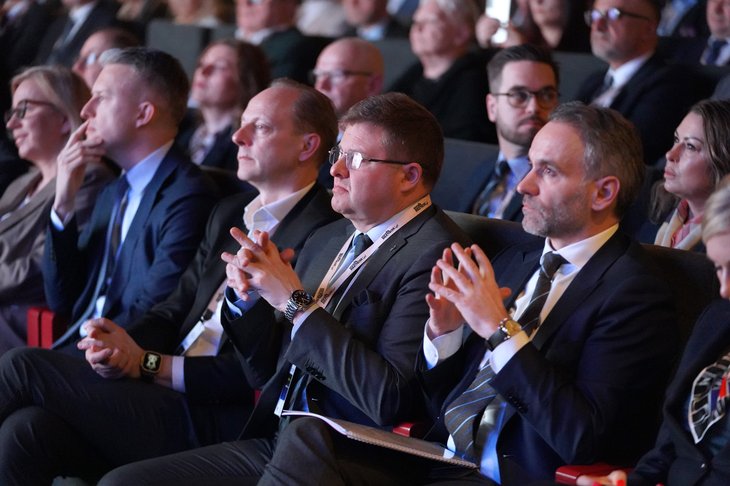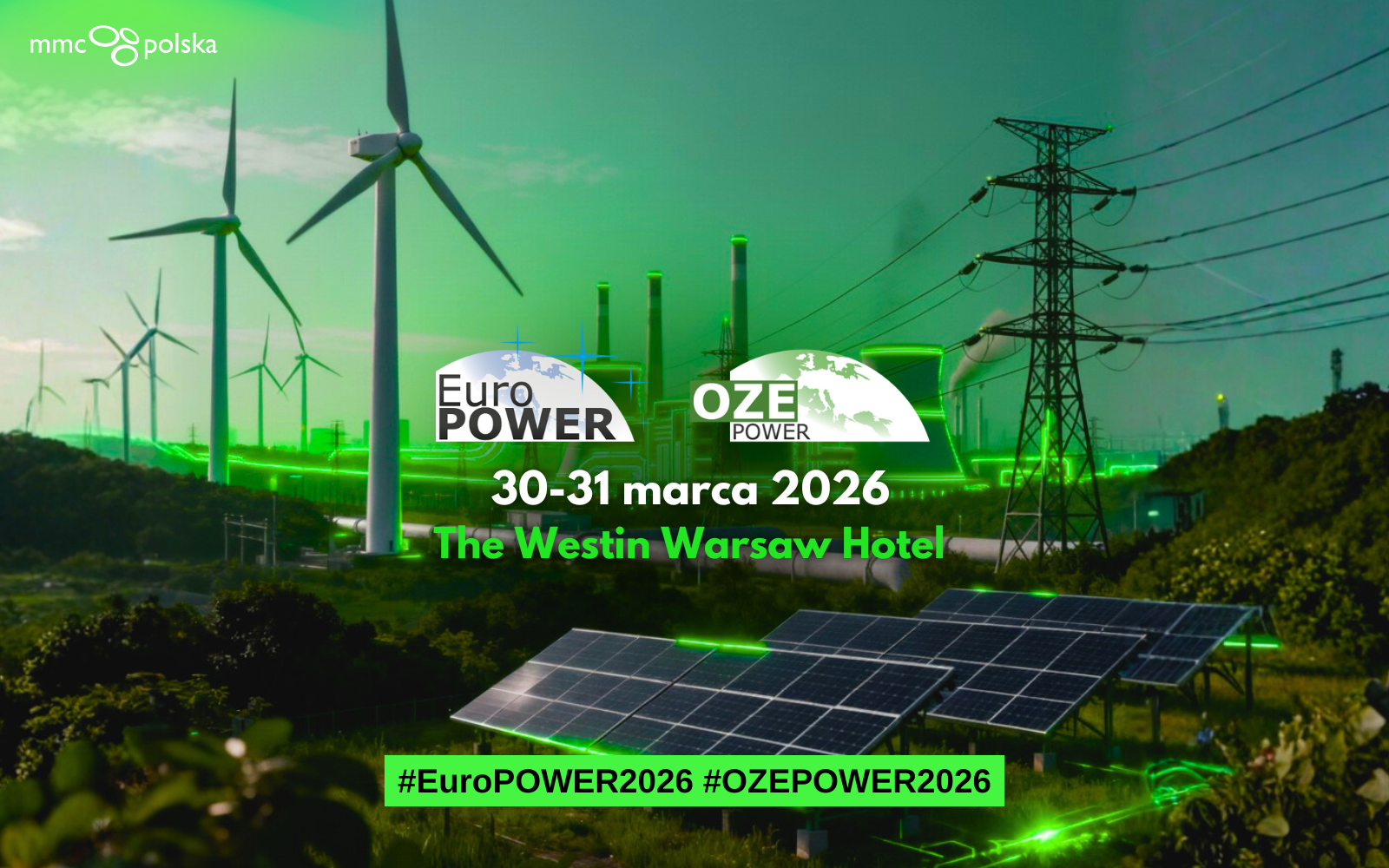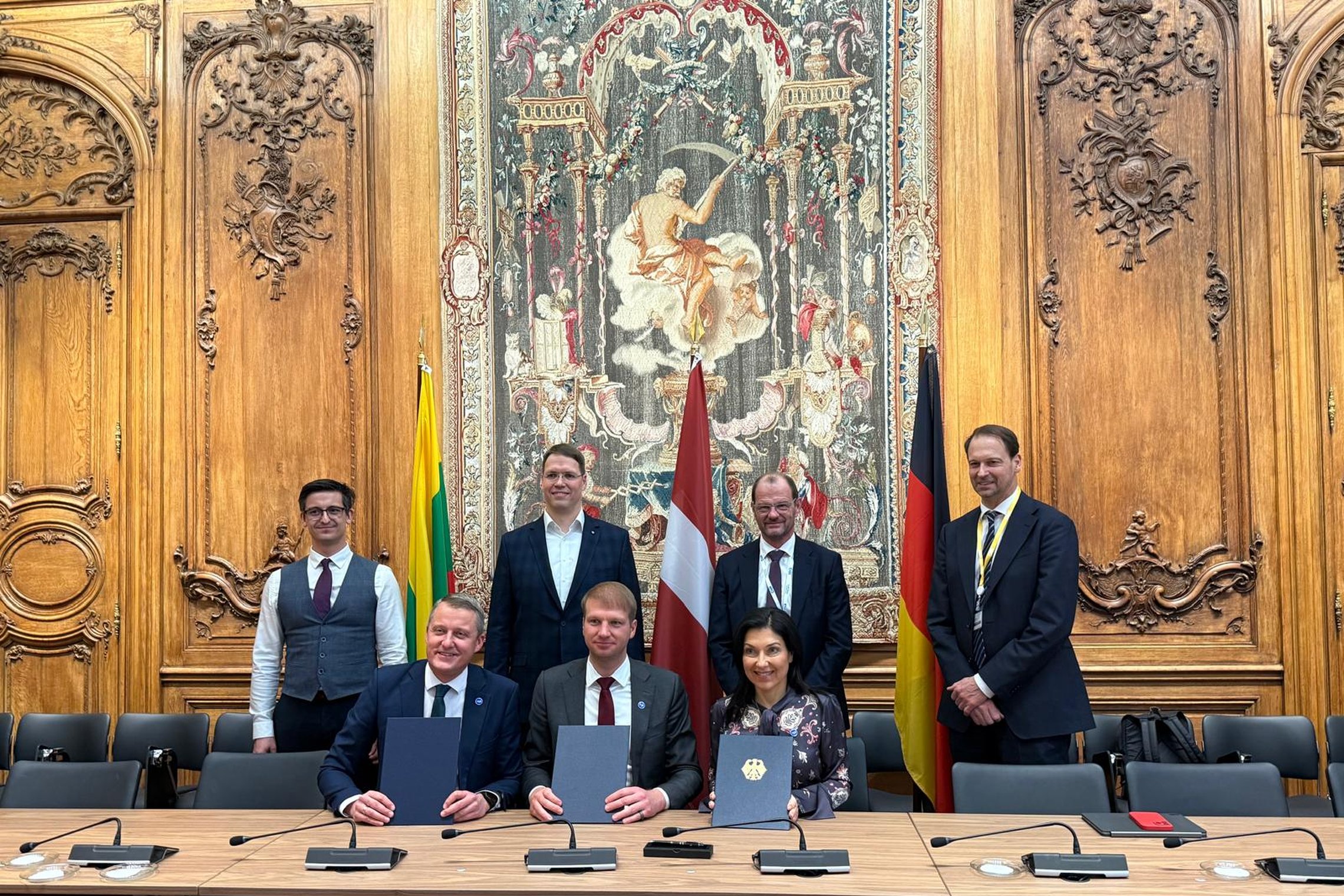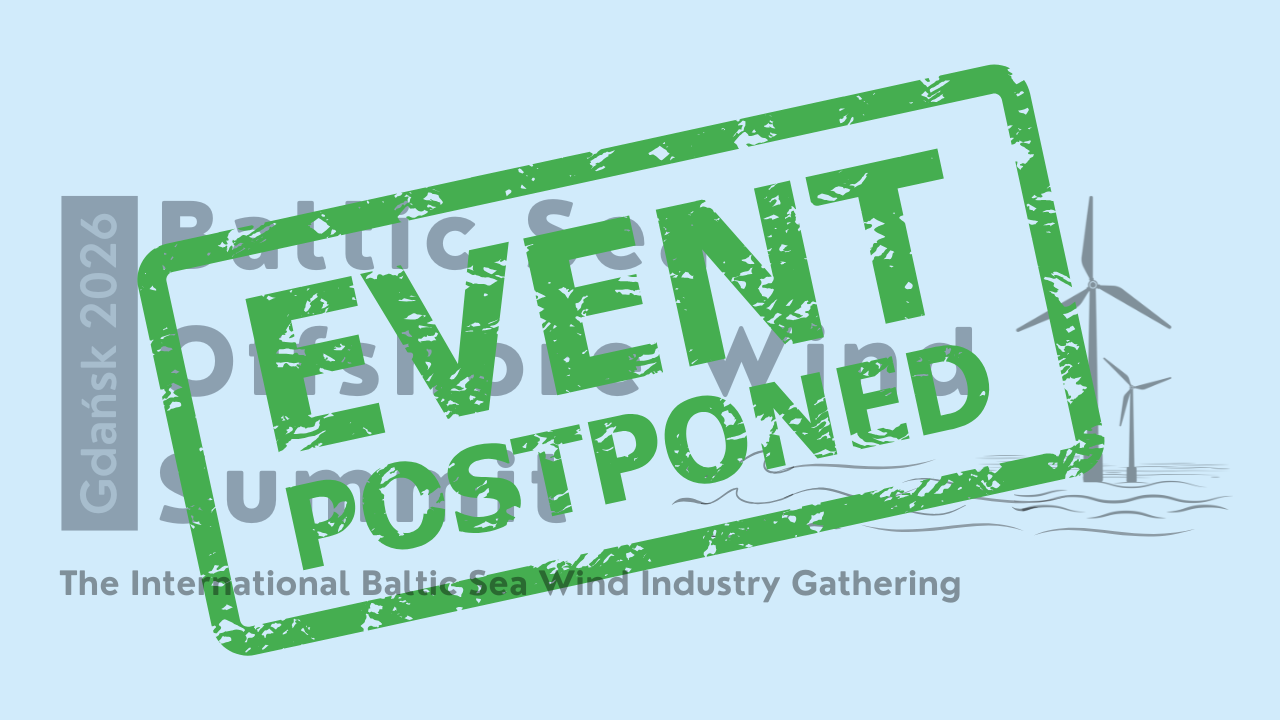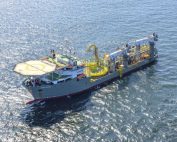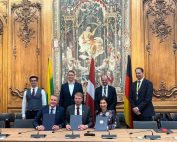According to a recent report by the Economist Intelligence Unit, the Baltic states of Estonia, Latvia, and Lithuania are making significant strides in energy security, with a particular focus on the development of offshore wind farms. This move comes in the wake of Russia’s invasion of Ukraine in February 2022, which prompted these nations to cease energy imports from Russia, including a complete halt of natural gas imports in 2022.
The Baltic states are not only investing heavily in new liquefied natural gas (LNG) infrastructure but are also scaling up their renewable energy capacities. A key part of this strategy is the development of offshore wind farms, which are expected to play a significant role in the region’s energy diversification.
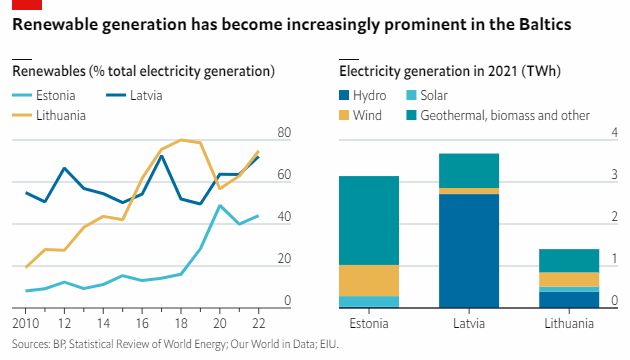
Source: EIU
Latvia, for instance, has developed an ambitious strategy to build at least 100 wind turbines that would produce 30% of Latvia’s total 2022 electricity consumption. A new public company, Latvijas veja parki (Latvia’s wind farms), has been founded to facilitate the rapid construction of these wind farms. Additionally, Latvenergo, the electricity utility, has signed a memorandum with the German multinational energy giant RWE AG to produce offshore wind farms. If both projects proceed as planned, Latvia is likely to achieve its target of 800 MW of wind-generated power by 2030.
Meanwhile, Estonia and Lithuania continue to invest in wind power. Lithuania is constructing a new wind farm and has signed a power purchase agreement with Eesti Energia, an Estonian energy company. The company is currently undertaking a strategic environmental impact assessment for what would be the first of four planned offshore wind farms in the Baltic Sea. Enefit Green, the renewables arm of Eesti Energia, has ambitious plans to produce 1,900 MW of renewable energy across its wind and solar plants in Estonia, Lithuania, Finland, and Poland.
Adding to this momentum, ORLEN NEPTUN, an offshore wind development company within the PKN ORLEN Group, has recently established a subsidiary in Lithuania. Named ORLEN NEPTUNAS, the company was registered in May and is expected to participate in this year’s tenders in Lithuania related to the construction of wind farms in the Baltic Sea. The Lithuanian government’s plans indicate that two wind farms with a capacity of 700 MW each will be built. In Poland, PKN Orlen’s flagship project is the “Baltic Power” wind farm being developed in cooperation with the Canadian company Northland Power.
The Baltic states’ commitment to offshore wind power and other renewable energy sources, coupled with their investment in LNG infrastructure, is expected to ensure their energy independence from Russia. The only remaining major energy link to Russia is through the electricity grids’ connection to the Russian synchronous area, with synchronisation with continental Europe’s grid not planned until 2026. However, the Baltic states are considering accelerating the disconnection from the Russian power grid, further solidifying their path towards energy independence.
Source: EIU
